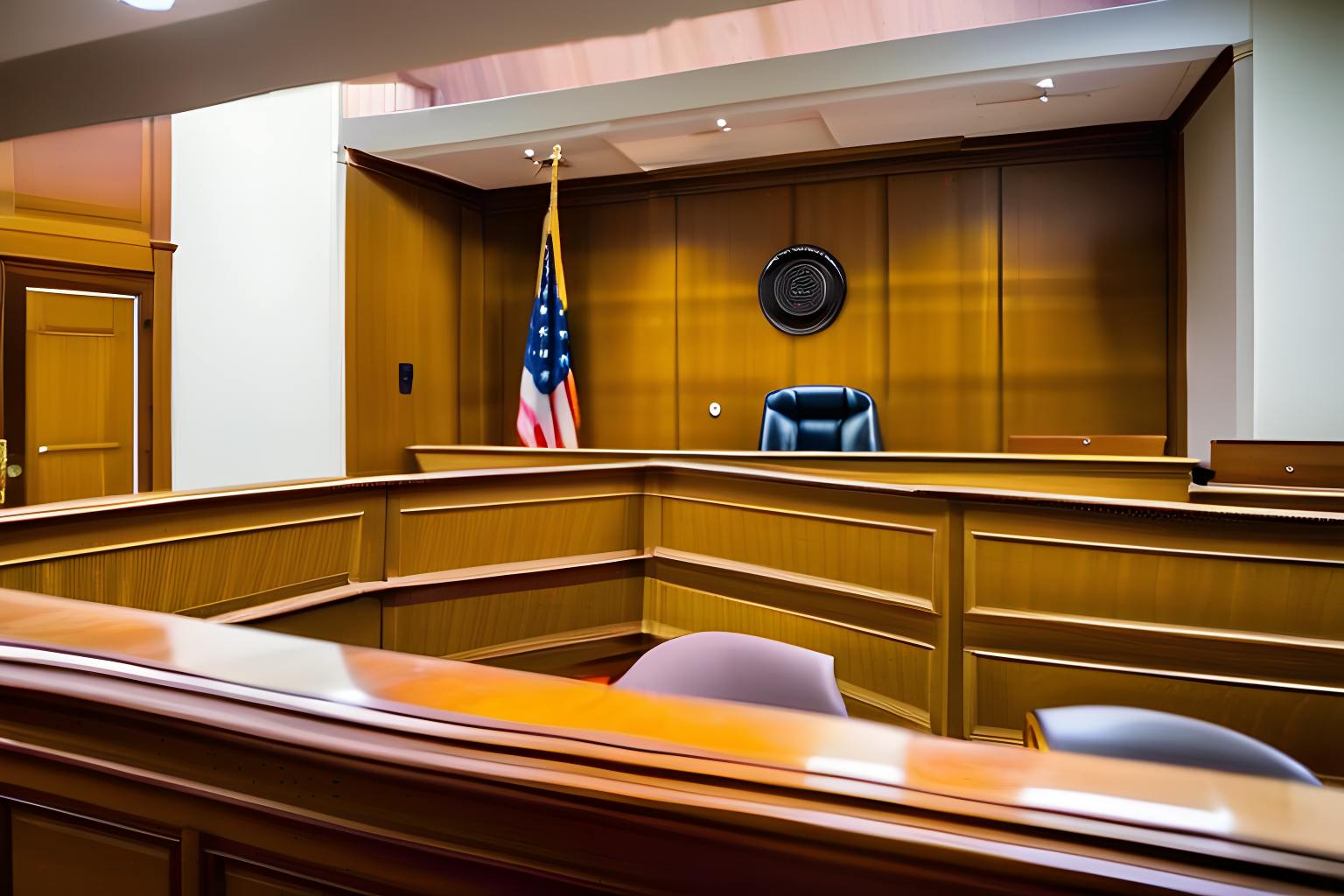Github Motion to dismiss Court Filing, retrieved on January 26, 2023 is part of HackerNoon’s Legal PDF Series. You can jump to any part in this filing here. This part is 12 of 26.
ARGUMENT
II. PLAINTIFFS FAIL TO STATE A DMCA CLAIM.
C. Plaintiffs Have Not Plausibly Alleged That GitHub Or Microsoft Intentionally Or Knowingly Removes Or Alters CMI Under § 1202(b).
Plaintiffs’ claims under § 1202(b)(1) and (3) fail for an independent reason. Section 1202(b)(1) prohibits a defendant from “intentionally remov[ing] or alter[ing] [CMI],” see Compl. ¶ 148, while § 1202(b)(3) bars “distribut[ing] … copies of works … knowing that [CMI] has been removed or altered,” see Compl. ¶ 154. These provisions require the active step of removal or alteration of CMI in connection with an identical copy of the work. But all the Complaint alleges is the passive non-inclusion of CMI with a proffered snippet that may incidentally match a portion of a work. That is not enough.
This result flows directly from § 1202’s text. The terms “remove” and “alter” both connote active conduct. To remove is “to move by lifting, pushing aside, or taking away or off” or “to get rid of.” Webster’s Third New International Dictionary 1921 (1993). To alter is “to cause to become different.” Id. at 63. As explained above, CMI is defined as information “conveyed in connection with copies … of a work”—that is, in or directly connected with “the body of or the actual work itself.” See Mills v. Netflix, Inc., No. CV 19-7618, 2020 WL 548558, at *3 (C.D. Cal. Feb. 3, 2020). To remove or alter CMI, then, is to engage in active conduct to get rid of or change CMI that would otherwise naturally accompany a copy of the work from which the CMI is allegedly removed or altered. See Falkner v. Gen. Motors LLC, 393 F. Supp. 3d 927, 938-39 (C.D. Cal. 2018).
Courts have consistently held this line. They have rejected § 1202(b) claims based on mere “framing” of a photograph in a way that does not include CMI, id.; excerpting lecture notes and study questions from textbooks without reproducing CMI, Faulkner Press, L.L.C. v. Class Notes, L.L.C., 756 F. Supp. 2d 1352, 1356, 1359 (N.D. Fla. 2010); copying “aspects” of architectural works but “omitting” the plaintiff’s CMI, Design Basics, LLC v. WK Olson Architects, Inc., No. 17 C 7432, 2019 WL 527535, at *5 (N.D. Ill. Feb. 11, 2019); Frost-Tsuji Architects v. Highway Inn, Inc., No. CIV. 13-00496 SOM, 2015 WL 263556, at *3 (D. Haw. Jan. 21, 2015), aff’d, 700 F. App’x 674 (9th Cir. 2017); or incorporating the underlying content from the original copy into some different form or distinct work without CMI, Kelly, 77 F. Supp. 2d at 1122 (thumbnail versions of images). Courts have recognized § 1202(b) claims only for active conduct in connection with identical copies of a work—like a defendant cropping a “gutter credit” from an otherwise identical photo, e.g., Murphy v. Millennium Radio Grp. LLC, 650 F.3d 295 (3d Cir. 2011), or deleting CMI from within identical content that was excerpted. E.g., Bounce Exchange, Inc. v. Zeus Enter. Ltd., No. 15cv3268, 2015 WL 8579023, at *2-3 (S.D.N.Y. Dec. 9, 2015) (CMI actively removed from lines of software code).
Plaintiffs allege only that Copilot “has not been trained” to actively identify and reproduce any CMI that may or may not be present. Compl. ¶ 56. And rather than alleging removal of CMI connected with an identical copy of any work, their claims are based on mere code suggestions that may match small snippets of code contained in other works. Indeed, as Plaintiffs acknowledge, Copilot’s suggestions are not copied from any particular source, but generated based on patterns it has “seen the most,” Compl. ¶ 73. Plaintiffs therefore cannot state a claim that CMI is actively removed from any work.
Continue Reading Here.
About HackerNoon Legal PDF Series: We bring you the most important technical and insightful public domain court case filings.
This court case 4:22-cv-06823-JST retrieved on September 11, 2023, from documentcloud.org is part of the public domain. The court-created documents are works of the federal government, and under copyright law, are automatically placed in the public domain and may be shared without legal restriction.

